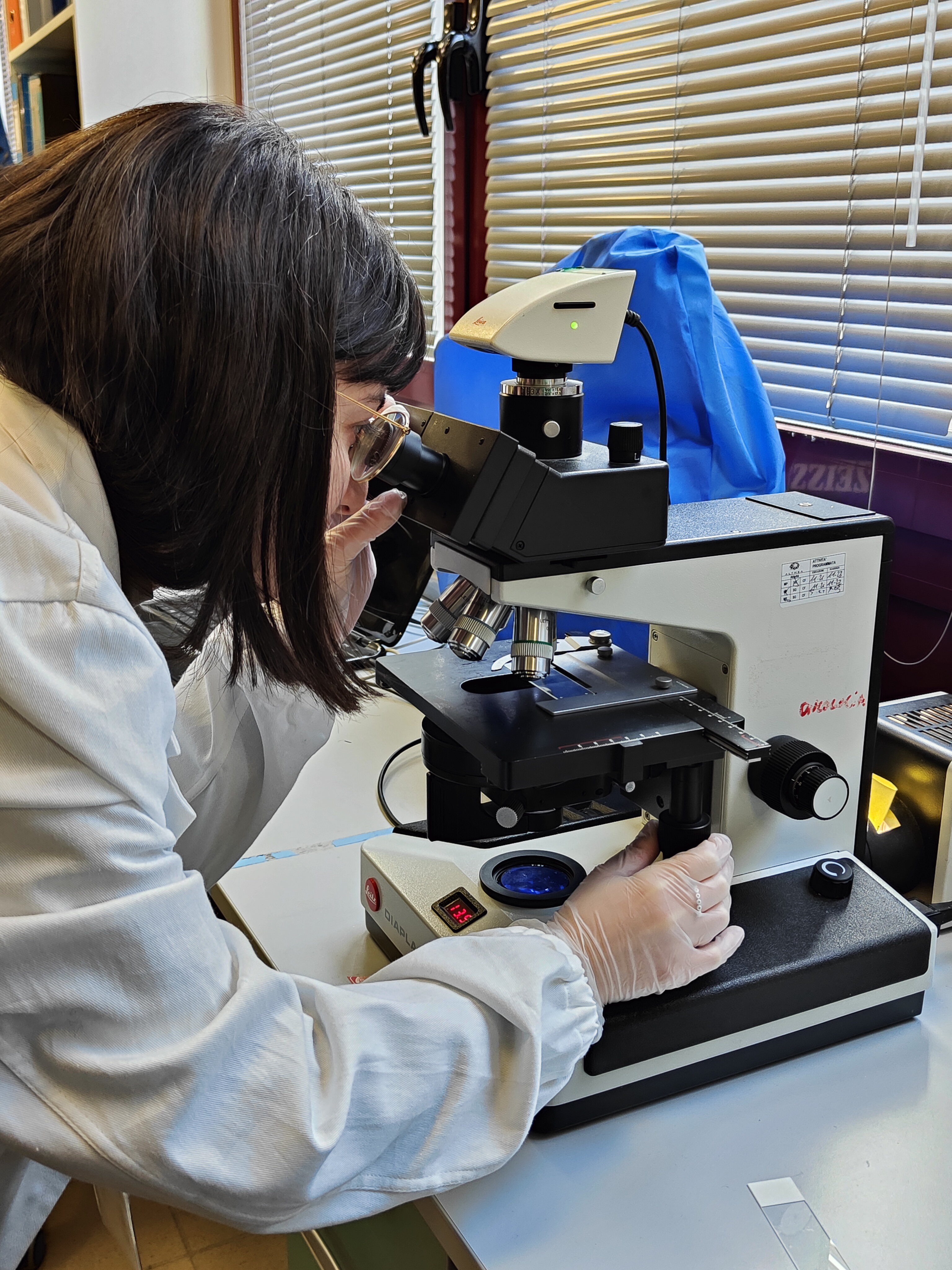Dottorati di ricerca - 41° Ciclo
PhD in Biomolecular Medicine

How to apply
Admission requirements :
To be admitted to the Ph.D. Programme, applicants must participate in an open competition based on qualifications and examinations. Admission is by limited positions.
Applications may be submitted, without age or nationality restrictions, by candidates who:
- have studied in Italy and hold a qualification such as laurea magistrale, laurea specialistica or laurea del vecchio ordinamento (pre D.M. 509/1999)
- hold a university degree equivalent to the degrees mentioned above (Master of Science/Art), which grants access to the doctorate in the country where they completed their university studies.
Professional qualifications (e.g., Master of Business Administration - MBA, Bachelor of Medicine and Bachelor of Surgery - MBBS, etc.) do not grant access to PhD studies.
Those who will graduate by the date of enrolment in the Ph.D. program may also apply and participate in the competition.
Evaluation criteria for admission :
The selection procedure aims to ascertain the applicants’ academic background and scientific research aptitude to ensure an appropriate comparative assessment.
The Call for Applications sets out details about examination and assessment criteria.
Taxes and Contributions :
Ph.D. students holding a scholarship must pay a single instalment at the time of enrolment of € 455.00 (€189.00 regional tax + €250.00 University fees + € 16.00 stamp duty)
Ph.D. students who do not hold a scholarship are exempt from payment of University fees and must pay a single instalment at the time of enrolment of € 205.00 (€189.00 regional tax + € 16.00 stamp duty)
Ordinary call:
- 6 positions with scholarship
- 1 position without scholarship
Handbook for PhD Students
Study plan
Discover all the learning activities available to you during your time at the University in the academic year 2025/2026.